If you're wondering 'what does an event planner do?' Read the REAL event planner job descriptions below written by professional event planners to help you get a feel for what it is like to be an event planner / organiser.
In the first section, I'll explain the general duties and responsibilities of an event organizer/manager in the pre-event, office-based, stage of the event planning process. Then, in section 2, we'll look at an event co-ordinator job description to help you understand what's involved in working onsite at events. You can then dip into other event planning job descriptions for each sector of the industry—as told by the pros.
Read a real event planner job description by Matt James, owner of Leftfield Productions whose career spans non-profit event planning, corporate events and meetings, special events, parties and celebrations, and brand experience events.

Read about the different roles, responsibilities, and duties of an event co-ordinator working onsite at events—and how the idea is often very different from the reality—by Matt James, owner of Leftfield Productions.

Get a feel for what it's like to work as a meeting / corporate event planner by Sharyn Scott, former Global Head of Events for the law firm Linklaters, whose experience also includes working for Citibank, Barclays Capital, Credit Suisse, BNP Paribas, and the travel company Going Places.

Read about the role of a meeting and incentive travel planner by Martin Turner, former Global Head of Events for investment bank Credit Suisse who spent 16 years managing meetings, conferences, and incentive programs for clients such as Toyota, Pepsi, Xerox, and American Express

Read what a tradeshow / exhibition / convention planner does by Grace Nacchia, Event Director at George P. Johnson whose experience includes conventions and exhibitions for IBM, Shell, Ferrari, and the Global Systems for Mobile Communications Association (GSMA).

Read what the job of a conference planner involves by Bill Jones, Vice President and Managing Director of Events for The Channel Company (formerly UBM Tech Channel) whose events include Midsize Enterprise Summit, Healthcare IT Summit, and Women of the Channel Workshop.

Understand the role of an experiential producer by Marie Davidheiser, Managing Director, iris New York, and former Senior Vice President, Director of Operations, at Jack Morton Worldwide whose experience includes experiential campaigns and brand experience events for Bank of America, Samsung, LEGO, and Walmart.

Read what a brand event manager does by Charlotte Saynor, former Head of European events for Apple and former Vice President of Brands and Events for FremantleMedia Enterprises whose experience includes events for TV brands such as The X Factor, Lost, and Desperate Housewives.

Read what a special event planner does by Chad Hudson, President, Creative Director and Owner of Chad Hudson Events whose experience includes movie premieres such as The Twilight Saga, Major League Baseball’s All Stars Gala, and Academy Award, Golden Globe Award, and Super Bowl events.

Read a fundraising / non-profit event planner job description by Farida Haqiqi, former Events Manager for The British Red Cross whose experience includes gala dinners, conferences, challenge events such as The London Marathon, and 'major donor' events with HRH Charles, Prince of Wales.
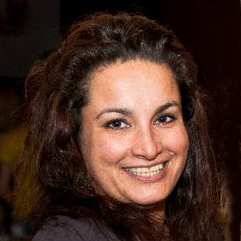
Read what a destination manager's job involves by Jennifer Miller, Partner and President of ACCESS Destination Services who experience includes meetings, special events, and incentive travel programs for Fortune 100 companies such as Microsoft, Exxon Mobil, Toyota, and AT&T.

Read what a catering event planner does by Charlotte Wolseley Brinton, former Head of Events at Rhubarb Food Design who experience includes HRH Prince Charles’ 50th birthday at Windsor Castle, Elton John’s Annual White Tie & Tiara Ball, and Stella McCartney’s wedding.

Read what a hotel event planner aka a conference & banqueting manager does by Nathan Homan, former Assistant Banqueting Manager at The Dorchester and former Director of Banqueting Operations at The Four Seasons whose experience includes a state banquet for Nelson Mandela, a press conference for Elizabeth Taylor, and a charity gala hosted by the late Princess Diana.

I’m sure that when my friends think about me organizing high-profile events for celebrities such as Elton John or Stella McCartney, they picture my days spent gluing things onto mood-boards, flicking through swatch books debating between ‘cream’ or ‘ivory’ napkins, and thumbing through menus pondering Wagyu beef from hand-massaged Japanese cows, or gold-leaf encrusted lobster dusted with Himalayan pink salt.
That after a morning spent at the florists shouting “bigger!” and “bring me more orchids!”, the afternoon is spent emailing Mary J Blige or Justin Timberlake’s people to check whether they’re available to perform, before taking my red pen to the guest list to decide who’s made the cut.
Now, while I’ll admit that there was the odd trip to a florist to view centrepieces and a menu tasting at the caterers, the rest of the planning was typically far more mundane and admin-heavy work. If a career in event planning is going to be right for you, it’s this type of work you need to be comfortable doing day in day out.

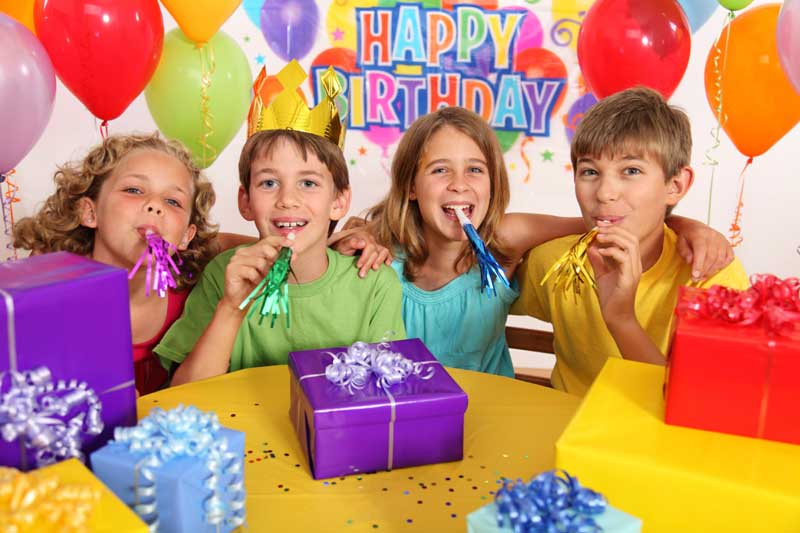
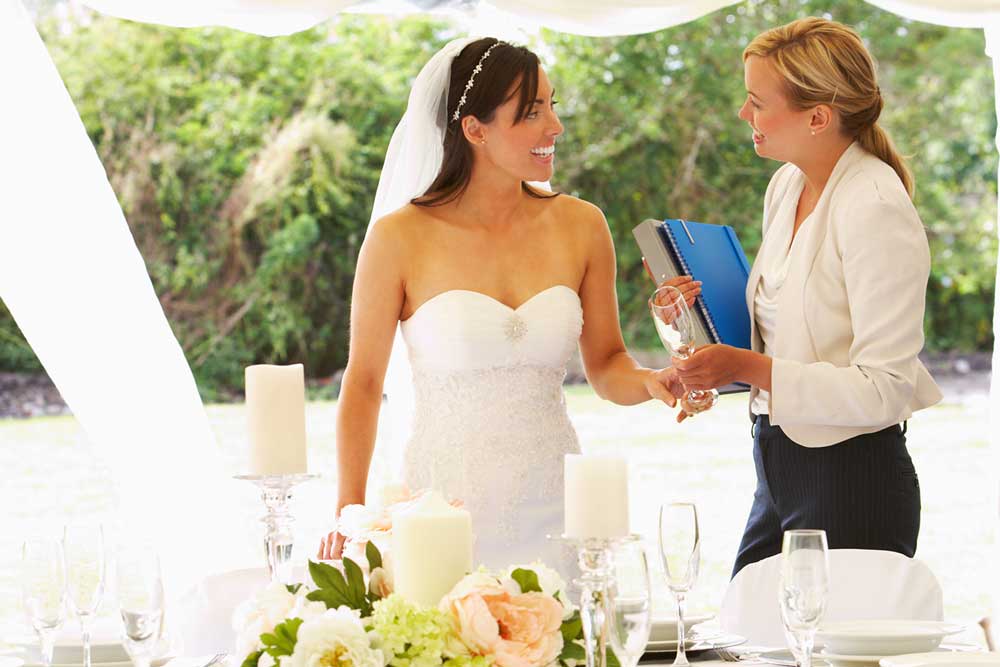

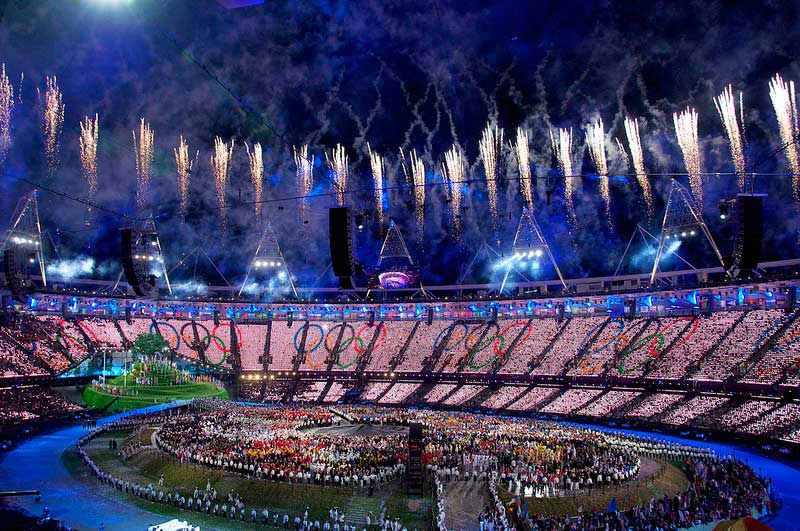

Below, I’ve listed the five key areas that make up the event-planning process, to give you a feel for what the job of an event planner really involves.
The first stage of event planning involves taking a brief from the client. As the event planner, you need to ascertain what their needs and objectives are; what is it they are trying to achieve? What needs to be communicated? What budget do they have? How are they going to measure the success of the event? Will it be through an increase in sales? Media activity? Or just feedback from the guests? Often a client won’t have thought about some of these points, so it’s your job to ask the relevant questions to help them articulate their goals—before you can go back to them with a creative solution in the form of a proposal.
The initial proposal you submit will typically consist of information such as the event date, location, venue, format, timings, running order, creative concept/theme and ideas for catering, invitations/marketing materials, decor, entertainment, production, set, staging, and transport—along with a budget and timeline.
In order to provide all this information, you may need to:
Devise the creative concept, strategy, theme, and format of the event—and be able to justify how this will communicate the necessary values, identity, message, tone, and feeling, in order to meet the client’s objectives.
Conduct a feasibility study and investigate whether the event concept is viable, what restrictions there might be, and whether permits, licenses, or special permissions are required.
Research venues and locations, check suitability and availability, conduct inspections, reserve dates and obtain prices.
Research travel and accommodation options, including prices and availability.
Draw floor plans and/or visuals to demonstrate the use of space, flow, and staging.
Decide on timings and create a program of events/running order explaining what will happen and when.
Research catering options, obtain sample menus, and written quotes from suppliers
Liaise with technical suppliers to obtain written quotes for lighting, AV, sound, staging, and any ancillary services such as generators, power, heating/cooling, toilets, waste removal, and parking.
Develop ideas and obtain written quotes for event marketing materials, invitations, tickets, payment processing, websites, social media campaigns, databases, brochures, mailings, joining instructions, conferences packs/event brochures, handouts, giveaways, signage, and branding.
Create initial designs, set drawings, visuals, models, and mock-ups for the décor, set, and theming, and obtain written quotes.
Research ideas, check availability, and obtain written quotes for entertainment, activities, and speakers.
Calculate requirements and obtain quotes for event staff, crew, transport, security, first aid, and insurance.
Create a detailed budget, often with a number of different optional ‘upgrades’ or reduced spec alternatives.
Develop a project plan and timeline to communicate the schedule of activity during the planning process, along with deadlines and responsibilities.
Create an illustrated presentation to communicate all the above information, with support materials that might include photographs, video, music, floor plans, set designs, stage plans, artist’s impression visuals, mock-ups, swatches, samples, and 3D models.
“Quite a lot of research and thought has to go into the initial stage—even just to propose a suitable venue. Can the guests get there easily? If your audience consists of high net worth guests, will they even consider going to an event on the other side of town in a cool or edgy neighborhood? Is the road outside the venue adequate to allow an even flow of traffic whilst dropping off guests, or will you need valet parking? Are there any local authority parking restrictions? If you have live entertainment in a tent, is the site in an area where there are noise restrictions or curfews, and if so can you get an extension? If not, how does that affect the running order of the evening—will entertainment have to finish before midnight? You really have to think through all the logistical elements when putting forward ideas.”
A lot of people are attracted to event planning because of the creative side; choosing venues and locations, designing invitations, creating menus, overseeing decor/theming and choosing entertainment—and often that’s because they’re thinking about events in terms of parties and celebrations. Sadly, the creative side only accounts for a very small fraction of the job—maybe 10-20 percent, usually at the beginning of a project.
As an example, for most of the events I organize, I usually have approximately two weeks to submit a proposal to a client at the beginning of a project. Most of the creative work has to be done in that first two weeks; the remainder of the event planning is taken up with other things.
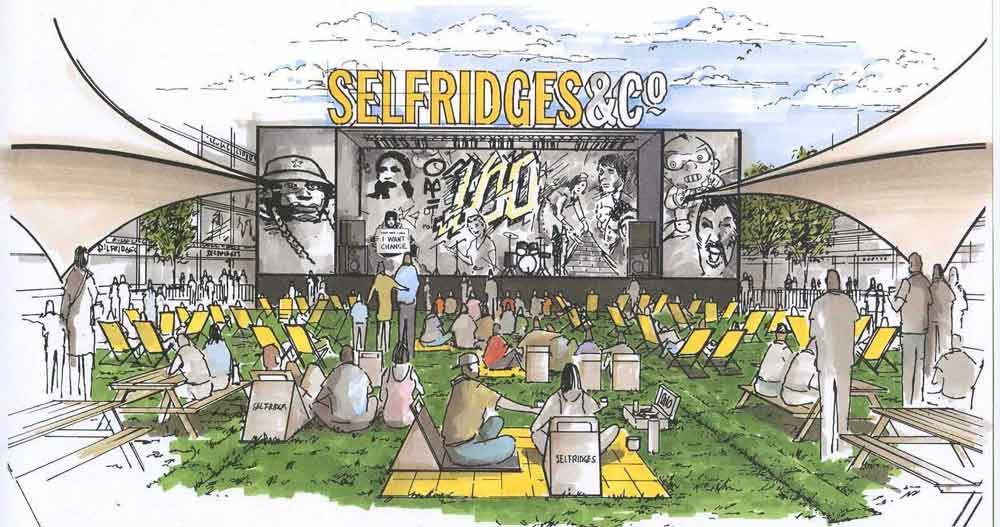
Some types of events, such as meetings, conferences, and conventions, have a different definition of creative altogether. Less emphasis is put on menu planning, invitation design and room décor. Instead, it’s about providing creative solutions in the form of the venue, location, format, staging, and the content of the event program—which might include activities, excursions, speakers, and workshops.
If you are attracted to the creative side of event planning, the really bad news is that some event companies even have their own creative directors and design teams who are responsible for these areas.
Alternatively, the creative may be outsourced to designers or specialist theming suppliers. Sometimes it will be a collaborative process, so you might be involved in the creative, but chances are it won’t make up a very big part of your workload. You need to be prepared for that, and ensure that you are genuinely interested in the other aspects of event planning that make up the other 80-90 percent of the job, before getting into it.
“In terms of the creative work, a lot of this has to be done in the initial stages of the project, before we go back to the client and pitch for the job. In order to be able to submit a budget, we obviously have to design and cost out a lot of the creative concept in the very early stages of the planning process. We’ll pitch an idea, but a lot of times, the client will want to tweak it a bit. It always morphs and develops as the process goes on and we get closer to the event, but the overall design and creative is actually done very early on—in that short window between getting the brief and pitching ideas to the client.”
The execution stage of the process is about actioning all the elements that were researched and presented at the proposal stage.
It involves drilling down into the details to develop or revise the initial ideas in light of feedback from the client/host. This is when an event planner’s attention to detail, problem solving, organizational, decision-making, and time management skills really come into play.
This stage of the planning is about making everything happen; fine-tuning plans, finding solutions to problems, negotiating with suppliers, number-crunching the budget, adhering to deadlines, promoting the event and co-ordinating replies, confirming reservations, booking equipment, staff, and resources, paying supplier deposits, and designing, creating, or sourcing the deliverables—such as the sets and décor, or the event marketing/communications materials.
This process usually involves hundreds, if not thousands, of calls and emails flying back and forth between yourself and suppliers as you ask questions, make decisions, chase information, and confirm arrangements in order to move the process forward.
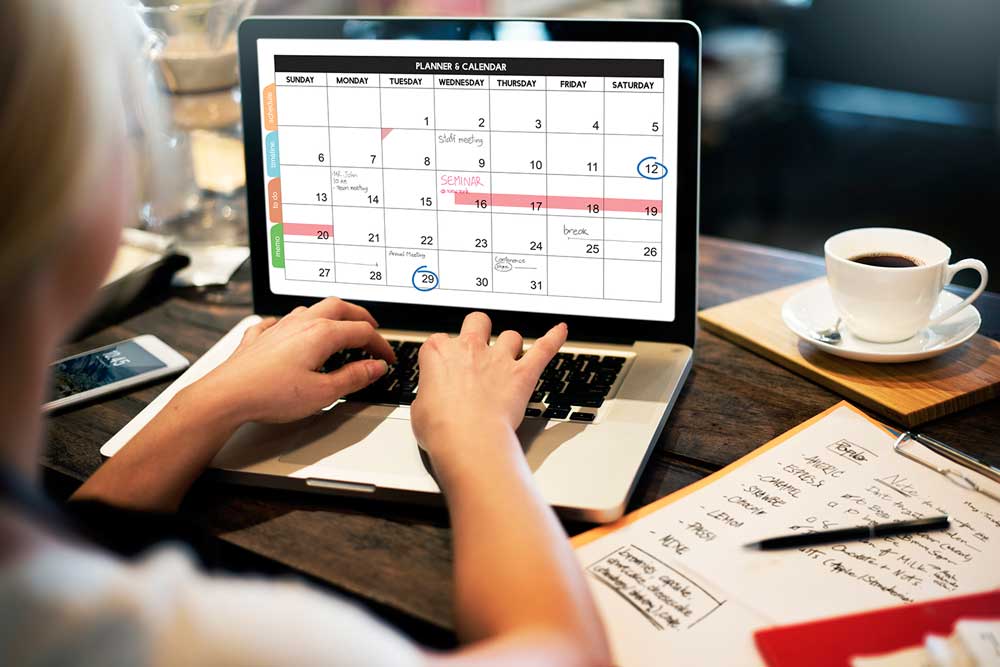
“Often, the first phase of the active project involves re-shaping the initial ideas based on the client’s feedback. We also need to ensure we have weekly calls and meeting notes going out, a clear organizational chart with roles and responsibilities, a detailed timeline, and deliverables—all factored against your budget. I create a production schedule to work from and, every week when we have our status meetings, I mark off what’s completed, what’s in progress, and what’s been held up. That schedule is used as the agenda for the meeting so that everybody’s tracking it. Then, at the end of the meeting, we update it to say ‘ok, next week our goals are X, Y, Z, for the schedule’.”
During this stage, the planner acts as a go-between for the client and the suppliers as they monitor, control and report on the progress. Some clients will expect daily updates or weekly status meetings, and so a lot of your time is spent re-formatting and presenting information from suppliers in the form of reports, schedules, lists, drawings, plans, itineraries, and presentations. Some clients need their hand held throughout the entire process; which means you spend a lot of your time walking them through everything, reassuring them and explaining every detail—when actually you’d really much rather just get on and do it.
Other clients will make crazy demands, expect you to perform miracles with no budget, or turn things around in unrealistic time frames. Fortunately, there are some nice clients who you’ll genuinely enjoy dealing with too—some of mine have even become friends. But many of them, it’s got to be said, are ‘challenging’. Managing clients can take up a lot of your time, and will often be a test of your patience, diplomacy, and people skills.

“Sometimes the client might not have any meeting planning experience, so they rely pretty heavily on us for our expertise. It’s mainly the budgeting they need our assistance with, because they have a dollar amount they’re working with and they really need to be able to categorize everything and know how much they need to spend in different areas. If they have say, 250 people, they might have a budget of $500,000, but they won’t necessarily know how to allocate those funds to cover all the different areas. So there’s a lot of budget work involved in this job.”
Budget management makes up a large part of the event-planning process. You’ll need to be a whizz with Excel, because you’re going to spend countless hours slaving over a spreadsheet; creating formulas, inputting data in a methodical order, adding, subtracting, sorting it, and breaking it down line by line.
Quotes will come in from 10, 20, maybe 30 different suppliers, all in different formats, and you’ll have to go through these picking out the items you do and don’t want and transferring them into a master budget.
Accuracy and attention to detail is important, as it’s so easy to miss something out, enter amounts incorrectly, or make errors with formulas—only to discover later that you submitted a budget to the client that only accounted for two-thirds of the actual costs that you owe your suppliers.
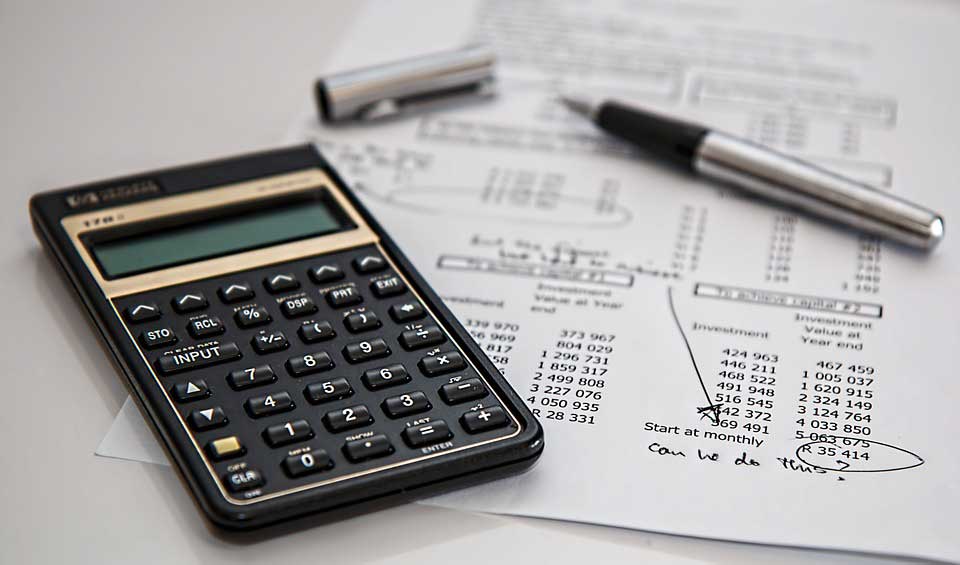
You’ll also spend days and days trying to balance the budget, because you’ll never have enough money to do everything your client wants. This means a lot of number crunching and going back and forth to each supplier, one by one, negotiating them down on price, asking them to re-quote with different specifications, or looking for alternative options. Then, once you’ve finally balanced the budget, the client will usually change their minds about everything they asked for, and so you’ll start the process over again.
This pattern will continue several more times over the course of planning the event—in fact probably right up until you confirm final orders with suppliers a few weeks before. Typically, the budget you first start with at the proposal stage, bears very little resemblance to the budget you finish with post-event.
“The client will give us an indication of budget at the beginning, but its constantly evolving. You’re constantly liaising with different contractors to get costs in, but the design goes through so many different stages and is constantly changing, that you can’t really get your final costs until the design has been signed off. Sometimes the client may need us to bring the budget down so we might have to look at redesigning elements—it’s a constant evolution from the original design to where you end up.”
Then there are the contracts to be negotiated. Before you confirm orders you have to really pull apart the contract and make sure you understand exactly what you’re committing to; what’s included and what isn’t, what you’re liable for, what happens if the event gets cancelled, or the client decides they don’t like something, and what the payment terms are.
You might be dealing with 20 to 30 different suppliers, each with different clauses or terms and conditions of supply, so you need to be absolutely sure what you are agreeing to with each one.
You then have to confirm all the orders with your suppliers by raising purchase orders for each one, and ensuring their deposit invoices are paid before they show up at the event (which typically involves chasing your accounts department to process a rush payment).
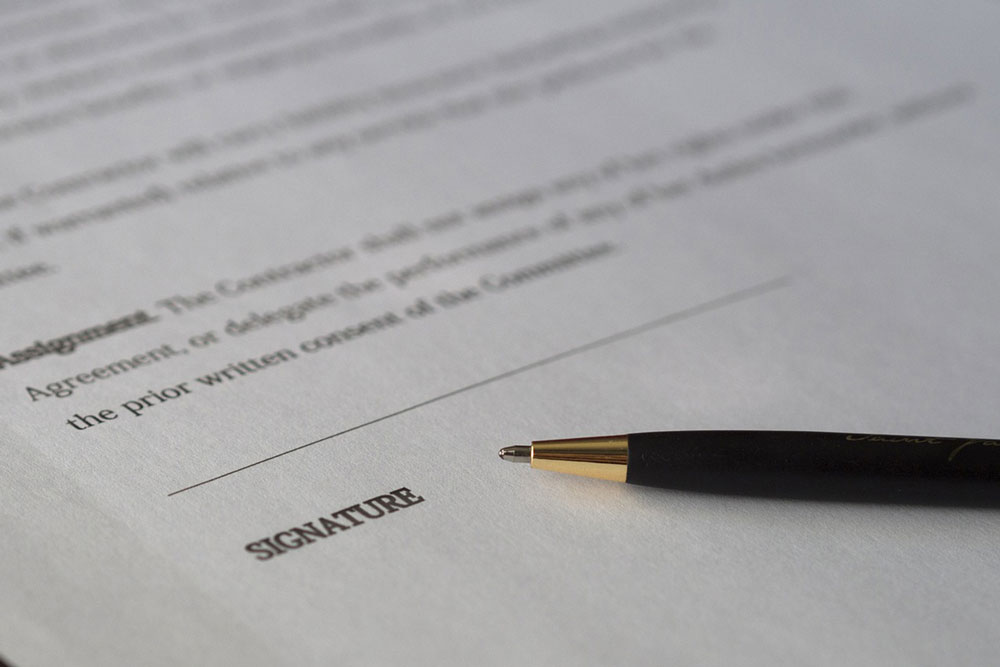
Even after the event, there’s yet more budget work to do. You have to reconcile the final budget post-event to include all the little extra costs that were incurred onsite, or to finalize costs that were estimated then actual costs based on consumption, such as drinks, power, and fuel.
Without doubt, budget management and contracts are some of the most stressful and—for me—least appealing parts of event planning. However, they also make up a very large part of the job, so you need to be meticulous when it comes to managing them.
“I think people are often surprised when they first come into the industry, how much is involved in a contact. It’s essential to understand the terms of a contract and really know what you’re signing up for. Things like your attrition rates for releasing hotel bedrooms—are they realistic? Are they what you want? If you’ve booked 300 bedrooms, but on the day you only need 210, what are your get-out clauses? What if something goes wrong? What if there’s a volcanic ash cloud again and all flights are suspended for days—am I protected? How much am I protected? What are my cancellation terms if we decide to pull the plug on the event? How much am I signing up for? How much am I paying in advance for this? What’s my security? If the hotel has a flood, can they move my event? If they do, what’s the impact and what will my cost savings be? The contract is key.”
Probably one of the most important parts of the job is operations and logistics; managing exactly when something is going to happen, exactly how something is going to happen, and exactly who is responsible for making it happen.
A lot of this comes down to problem solving; thinking through—in detail—and often visualizing just how to make something happen. Often it's about putting control measures in place for all the moving parts of an event, such as how to move elements (often people) from A to B and what equipment or resources are needed to make that happen, and then putting those solutions in place.
This typically generates a lot of admin, such as production schedules, itineraries, delivery/collection times, briefing documents, running orders, floor plans and layouts, seating plans, contact lists, information sheets, and safety briefing documents.
Everything has to be researched, planned, discussed, mapped out, agreed, and then communicated to all parties involved.
“For the Walmart Shareholders meeting, which has 15,000 people attending, one small piece of what we do for the event is to follow three employees and create a documentary style ‘day in the life’ to capture their experience of the week. Just problem solving that one element alone is a challenge. There are 400 different buses going to all the different activities and you have to figure out where they’re going to be, how you’re going to get your film crew there, and what bus they need to be on in order to link up to the next bus so that you’re actually capturing all the moments. It’s no small feat—but it’s those types of puzzles and challenges that are rewarding; where you get to the moment and think ‘yes! I did it, I figured it out!.”
The logistics and operations stage of the planning process might include:
Booking and confirming flights for guests, production crew, onsite co-ordinators, artists, speakers, and performers—then informing all parties of the necessary arrangements.
Drawing up a list of all flight arrivals/departures and ensuring someone is there to meet each person.
Arranging airport transfers for each guest, who often arrive on different flights, at different times, on different days, at different terminals, or even different airports.
Reserving and confirming hotel rooms for guests and staff, including any ground transfers necessary to take them from hotel to event venue and back each day if necessary, and rooming lists to detail who is in each room.
Creating a table plan for the room and a seating plan for each table (which always involves last minute changes), an A-Z list of each guests’ name so they can locate their table, and a list of dietary requirements which must correspond with the seating plan so waiting staff can identify the location of special meals.
Writing joining instructions/invitations, distributing these, and managing a registration database to facilitate arrivals.
Drawing up a production schedule to show each supplier’s role during the set-up, event and de-rig stages.
Planning a delivery schedule for suppliers to load in, including making arrangements for unloading, parking, and storage.
Arranging air freight/trucking to send equipment to and from the destination city.
Creating a running order for guests, speakers, and performers
Creating a technical schedule for AV, lighting and sound cues.
Creating briefing documents for staff, speakers, and performers.
Creating information packs for guests with essential information for the event, contact numbers, local amenities, and dropping these in each hotel room prior to arrival.
Creating a contact list of all staff and supplier’s telephone numbers while onsite.
Creating health and safety documentation with risk assessments, method statements, accident/emergency procedures, and insurance paperwork.
This list is not exhaustive, because every event is different, but as you can see, a lot of your time will be spent on admin, creating lists, and devising schedules. You need to be very thorough at planning because even slight mistakes can have drastic consequences.
“Once prospective attendees say yes, they want to come [to the conference], it’s all turned back over to the planner to start the process of calling the travel agent to get their airline ticket booked and make sure they come into town when they're supposed to. Once they get confirmed, then the planner takes charge of the accommodation room list before turning it over to the venue. The entire process has to be managed.”
Even after the event, there’s still a great deal of admin necessary to close the event.
This might include following up with guests, team de-briefs, client de-briefs, budget reconciliation, processing final payments, dealing with any contractual disputes or non-fulfilment, receiving and unpacking any return-shipped equipment, and finally, collecting data, measuring results and compiling reports to demonstrate return on investment to the client.
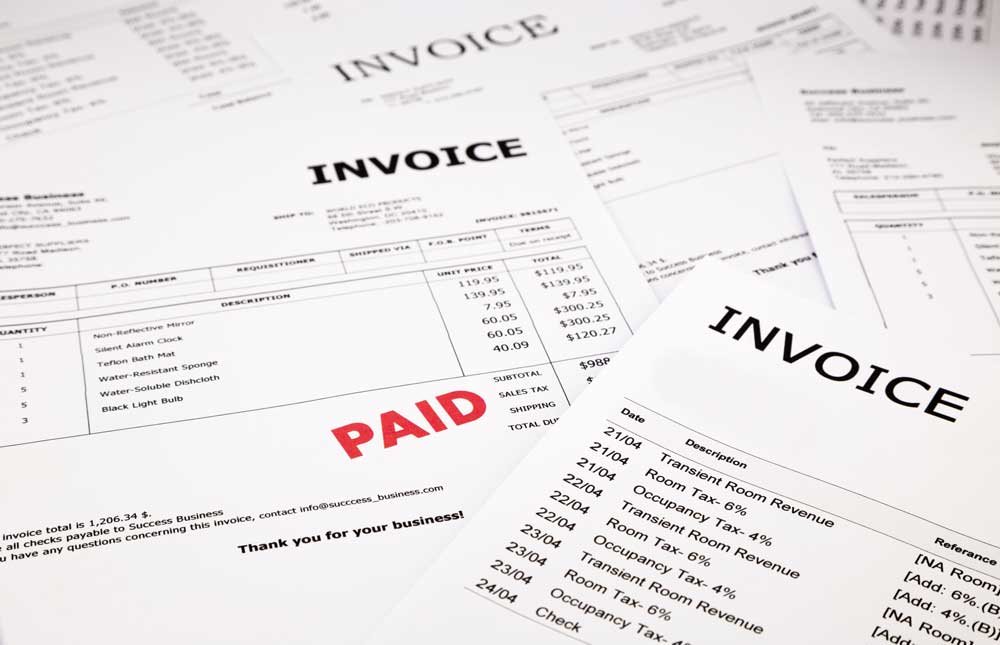
“I think measuring return on investment is one of the hardest things to do in events. ‘How do you prove that an event directly resulted in something? It’s very hard, but also an essential part of the job, more and more nowadays. A lot of that can be qualitative, rather than quantitative. Delivering in budget, getting the right people through the door, receiving positive feedback, and generating press coverage are all things we look at. After every event, we’ll do a SWOT (Strengths, Weaknesses, Opportunities, and Threats) analysis and include in that report all the sales data and details of who attended—broken down into key buyers, publicity, and testimonials.”
The five categories above: 1. The Brief and Proposal, 2. Project Execution, Monitoring, and Control, 3. Budget and Contracts, 4. Operations and Logistics, and 5. Post-Event Evaluation make up the majority of office-based work conducted by an event planner on a day-to-day basis in the months leading up to an event.
Of course, the exciting part of being an event planner is working on the event itself. This is when you get to see all the months of meticulous planning, thorough organization, and military-style logistics that have gone on behind the scenes, finally come together in an exhilarating live event. This pay-off is the reason most event planners love the job they do.
Continue on to the next page to read an onsite event co-ordinator job description
After months of planning, an event planner's job description then evolves—incorporating additional duties—in order to manage the delivery of the event onsite. In doing so, the event planner will typically supervise a team of on-site event co-ordinators. Read on to learn how an onsite event co-ordinator job description differs to the event planner job description.